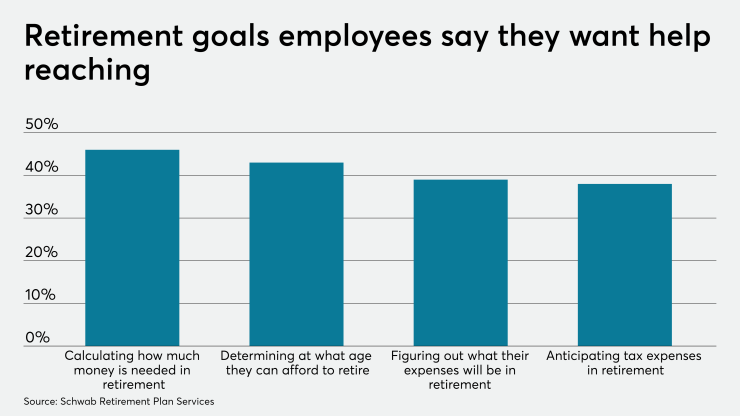When COVID-19 hit and threw the nation into economic turmoil, many workers were left to manage their own private financial crisis, and dipped into retirement savings to survive. Now, they’re regretting that decision.
Thirty-three percent of employees withdrew or borrowed from their 401(k) or IRA in 2020, according to a poll conducted by Kiplinger and wealth management firm Personal Capital. About 47% of employees who took a retirement loan say they ended up taking more than they needed, according to new research from Voya Financial. Fifty-nine percent wish they had consulted with a financial professional before making the decision.
While the majority of employees Voya surveyed say they are currently in a better place financially as a result of tapping into their retirement, they are now facing new worries about the impact it may have on their long-term financial wellness.
Read More:
“Sixty-five percent of those who borrowed said they felt it did put them behind in saving for retirement,” says Healther Lavalle, CEO of Wealth Solutions at Voya Financial. “It also may mean that workers have to delay retirement or they may have to work a different job during retirement.”
It’s now up to employers, Lavalle says, to not only help employees get back on track with their savings, but boost education to help individuals understand the benefits that exist to help offset unexpected financial hardships.
Read More:
“This past year has highlighted that individuals are in need of a first line of defense when experiencing a financial shock,” she says, pointing to supplemental insurance, HSAs and emergency savings accounts as vital tools. “With access to these types of benefits, [employees] would have immediate access to some cash to cover some of those [unexpected] expenses. Companies can help employees establish emergency savings plans outside of their retirement savings.”
Employees are relying on their employers more than ever to help ensure they are financially, physically and emotionally well, and employers are increasingly focused on delivering holistic support to workers.
Read More:
“Think about your employees’ broad needs,” Lavalle says. “Think about how your broad benefits offerings — including retirement and emergency savings — are helping to address those needs. And look at your partners to see whether they are complementing those needs with the right type of educational support. Finally, [provide] tools to make it easy for those employees to make the right decisions at critical points in their lives.”






